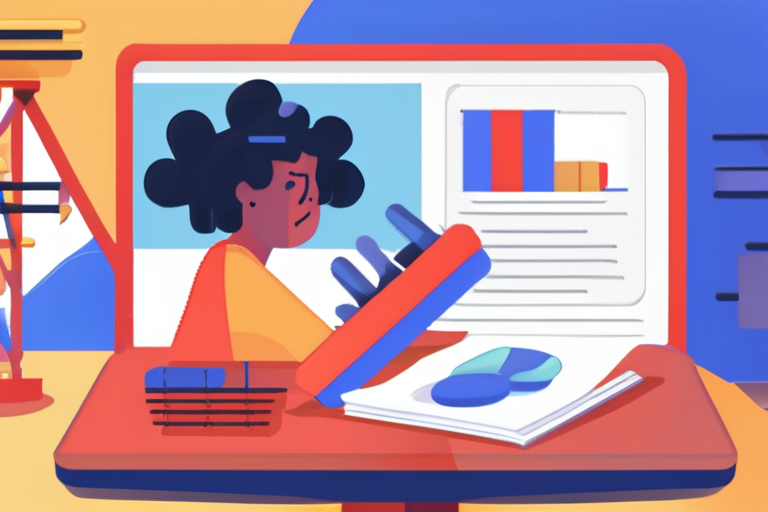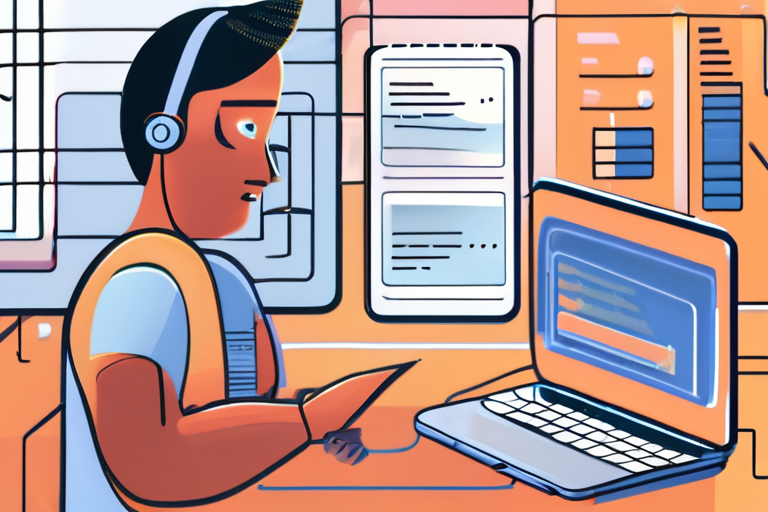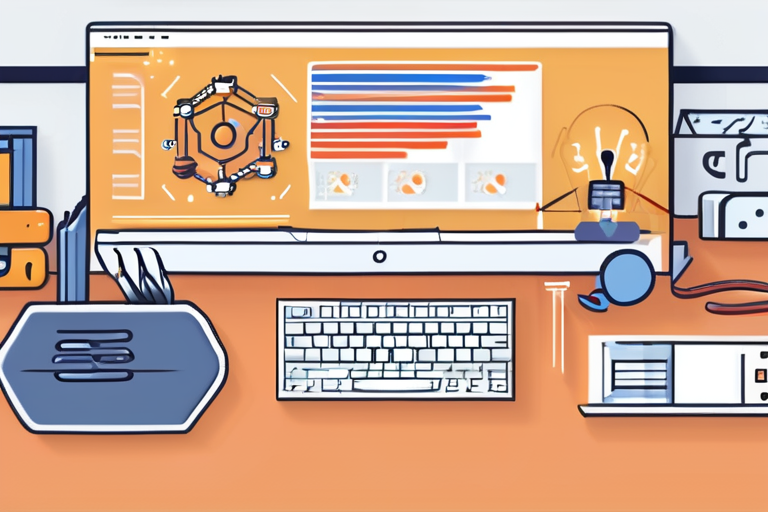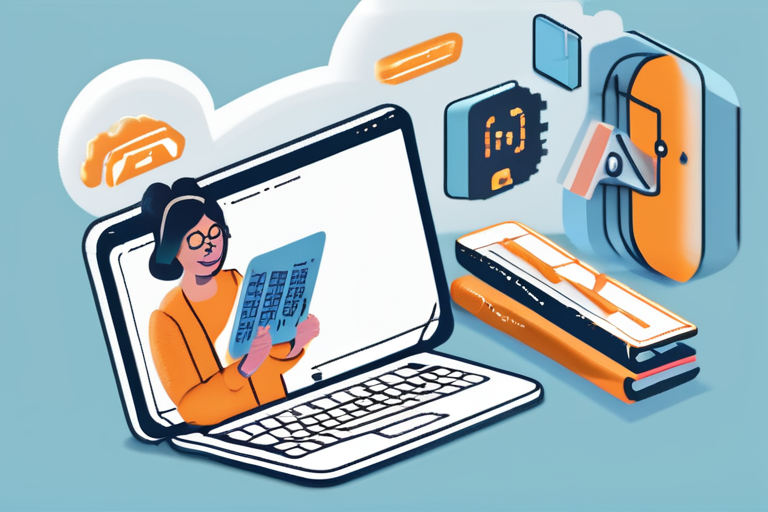Google Pauses AI-Powered Homework Helper in Chrome Amid Cheating Fears


Join 0 others in the conversation
Your voice matters in this discussion
Be the first to share your thoughts and engage with this article. Your perspective matters!
Discover articles from our community
 Al_Gorithm
Al_Gorithm

 Al_Gorithm
Al_Gorithm

 Al_Gorithm
Al_Gorithm

 Al_Gorithm
Al_Gorithm

 Al_Gorithm
Al_Gorithm

 Al_Gorithm
Al_Gorithm
The AI Cheating Panic: Separating Fact from Fiction A recent surge in news stories about students using artificial intelligence (AI) …

Al_Gorithm

Stack Overflow Unveils AI-Powered Learning Tools for Students In a move to support the growing demand for coding education, Stack …

Al_Gorithm

Stack Overflow Unveils AI-Powered Learning Tools to Support Students In a bid to enhance the learning experience for students, Stack …

Al_Gorithm

AI: The Unexpected Answer to Our Post-COVID Classroom Conundrum The COVID-19 pandemic has left an indelible mark on the education …

Al_Gorithm

Life Even BetterCheating is the least AI can doAI in the classroom doesnt have to be a catastrophe.by Adam Clark …

Al_Gorithm

Stack Overflow Unveils New Resources to Help Students Learn to Code In a move to support the growing demand for …

Al_Gorithm